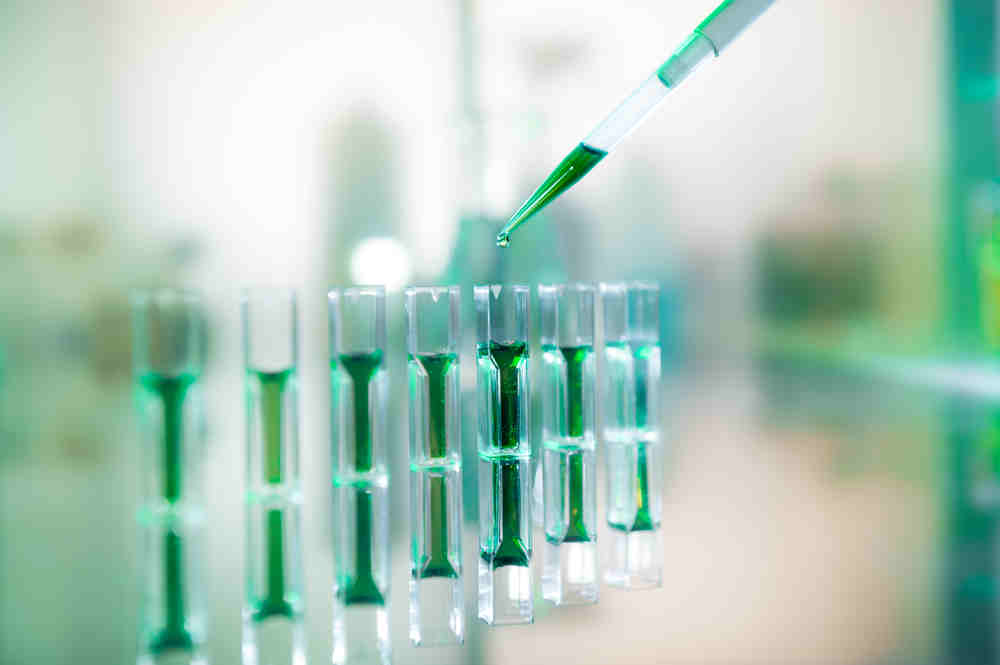A phase II clinical trial to assess the ability of a generic vaccine called bacillus Calmette-Guérin (BCG) to reverse advanced type 1 diabetes recently received United States Food and Drug Administration (FDA) approval. Denise Faustman, the principal investigator of the study, announced at the 75th Scientific Sessions of the American Diabetes Association (ADA) that in light of the new FDA approval for the study, enrollment for the trial has now begun.
The study will be conducted over five years to determine if the use of the BCG vaccination can clinically improve type 1 diabetes in adults between 18 and 60 years of age that have small levels of insulin secretion in their pancreases. Dr. Faustman led the first documented reversal of advanced type 1 diabetes in mice models, and is hopeful that this new study can continue the success of addressing new treatment methods.
“We have learned a lot since the early studies in mice — not just about how BCG works but also about its potential therapeutic benefits, similar to what are being seen in trials against other autoimmune diseases. We are so grateful to all of the donors, large and small, who have made this trial possible — especially the Iacocca Foundation, which has believed in us and has been a supporter since our early days. Our goal is to complete enrollment and also to raise the remaining funds needed for the trial by the end of this year,” noted Faustman.
As a generic drug, BCG has more than 90 years of proven safety data and clinical use, and is already indicated for use by the FDA to address tuberculosis and bladder cancer. The vaccine works by elevating the levels of the immune modulator tumor necrosis factor (TNF), which Faustman’s team has already demonstrated can temporarily delete the abnormal white blood cells that cause autoimmune type 1 diabetes, not only in mice but also in humans. Higher TNF levels also stimulated the production of protective regulatory T cells in previous studies.
In the previous phase I of the clinical trial, two injections of BCG over 4 weeks temporarily eliminated diabetes-causing T cells and induced the return of insulin secretion. The phase II part of the study will assess more frequent dosing over longer periods of time.
The new trial will be double blinded and will assess 150 adults with long-term type 1 diabetes who will be randomly selected to receive the injections or a placebo and a single injection every year for the next four years.
“In the phase I clinical trial we demonstrated a statistically significant response to BCG, but our goal in phase II is to create a lasting therapeutic response. We will be working again with people who have had type 1 diabetes for many years. This is not a prevention trial; instead, we are trying to create a regimen that will treat even advanced disease. In addition to our phase I trial, we took guidance from the BCG clinical trials that are underway globally for other autoimmune diseases such as multiple sclerosis,” said Faustman.
Lee Iacocca, founder of the Iacocca Foundation which is supporting this study, said, “My family and I have been fortunate to be part of this research for many years. It is incredibly exciting to be talking about curing people, not mice. I made a promise to my late wife to find a cure for type 1 diabetes. Now my family and I look forward to the continued progress and are proud to support this effort to get closer to that goal.”


